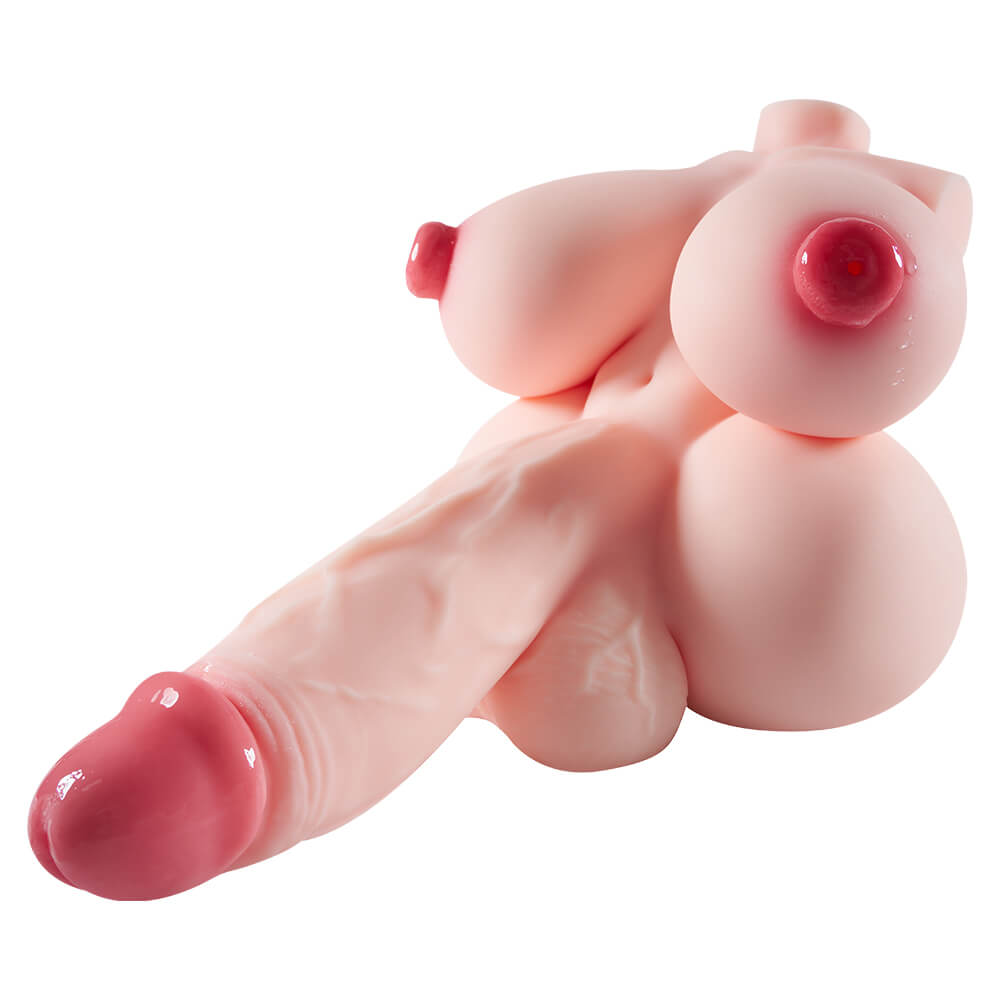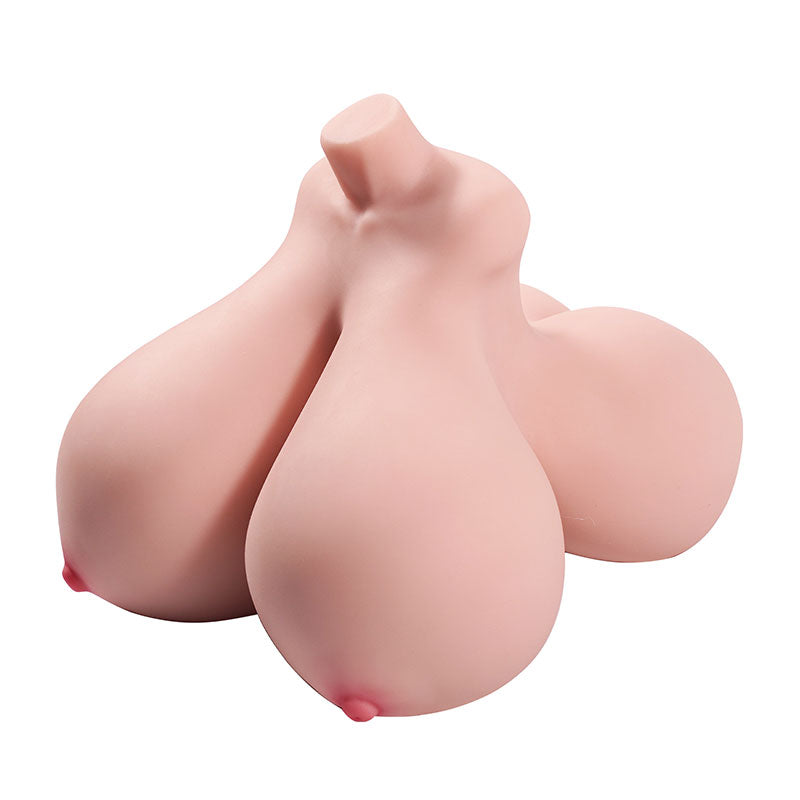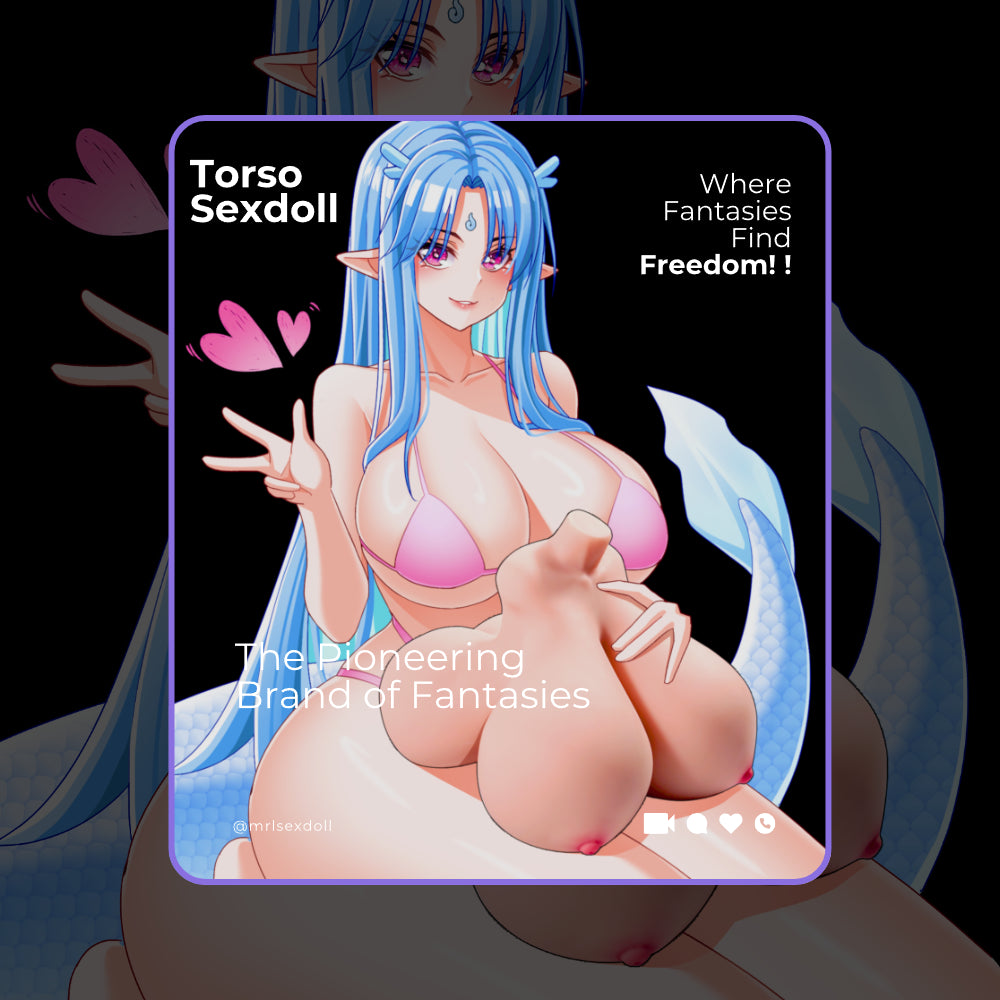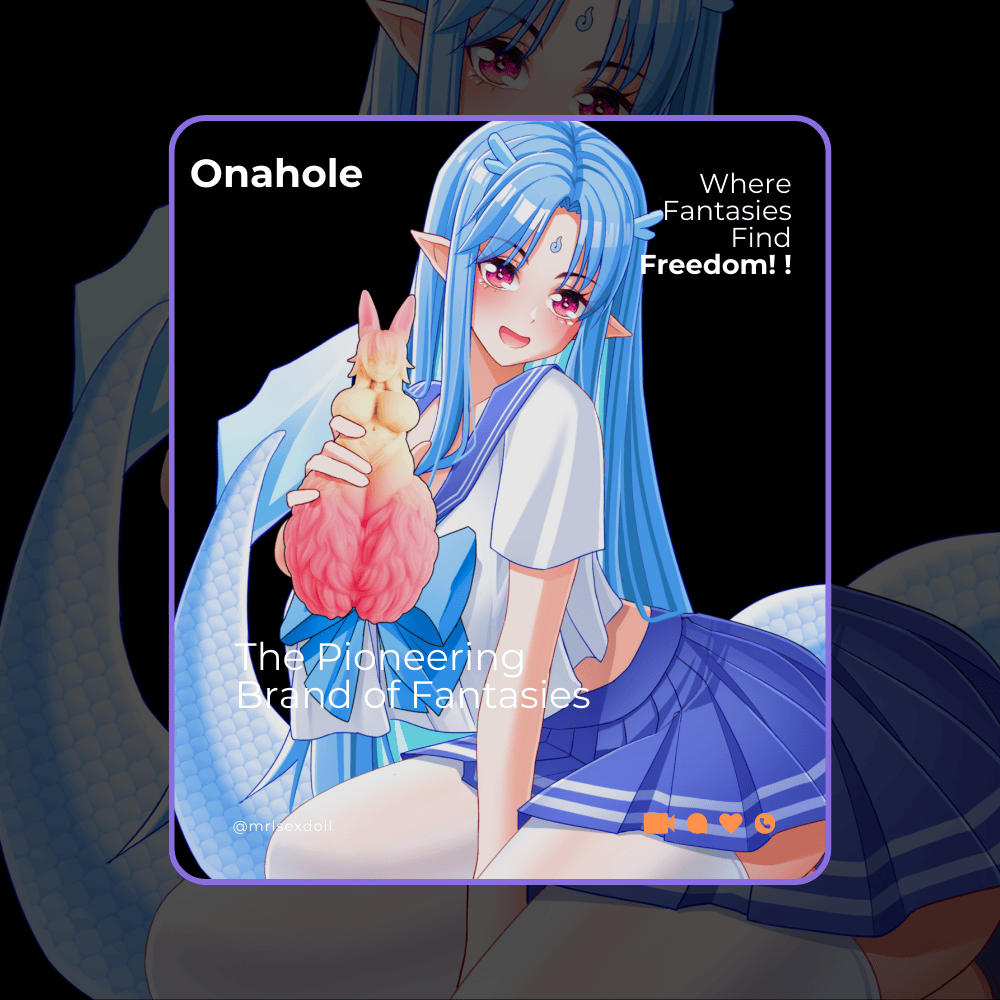Sex dolls have transitioned from a niche fantasy to a mainstream phenomenon. With their incredibly lifelike designs and features, they're now widely available. However, as their popularity increases, a pressing question emerges: Are sex dolls legal in your area? The laws around sex dolls can be quite complex, especially when it comes to those resembling minors or anime-style figures. Let’s break down the legal landscape, region by region, so you can navigate these waters safely.
FAQs: What You Should Know Before Purchasing
Let’s tackle some of the most common legal questions that arise before buying a realistic sex doll.
Are Sex Dolls Legal?
The answer varies depending on where you live. While most countries permit the sale of sex dolls, many have specific regulations. For instance, the United Arab Emirates and several Muslim-majority countries impose outright bans. In contrast, countries like the U.S., UK, Australia, and Canada have stringent restrictions against dolls that resemble children. Therefore, it's vital to familiarize yourself with local laws before making a purchase to avoid legal headaches.
If you want to know more about whether sex toys are banned in more countries, you can click here to check.
Are Mini Sex Dolls Legal Everywhere?
This is where things get tricky. Mini or child-like sex dolls often ignite fierce debates and complex legal challenges. Countries like the UK, Canada, and Australia have total bans on the sale, import, or ownership of dolls that look like minors.
However, the definition of “child-like” can vary significantly; it often depends on the doll’s appearance rather than just its size. The first time I explored this topic, it felt like navigating a legal maze—laws can change rapidly and unexpectedly. Always do your research on local regulations before buying; you wouldn’t want to encounter legal troubles from a seemingly innocent purchase!
Can You Legally Buy a Sex Doll in the U.S.?
Generally, purchasing adult-sized sex dolls is legal in most U.S. states. However, several states—including Florida, Kentucky, South Dakota, Tennessee, Utah, and Hawaii—have banned prepubescent love dolls since 2018. Additionally, a federal bill known as the Creeper Act has been proposed, aiming to prohibit child-like dolls nationwide. If your doll features adult characteristics, though, you’re likely in the clear in most states.
State-Specific Sex Doll Laws in the U.S.
Here’s a rundown of sex doll regulations across various states:
- Ohio: Allows sales but mandates strict zoning compliance for retailers.
- California: Legal to sell, but businesses must adhere to privacy laws.
- Washington: Regulates imports and enforces consumer safety guidelines, including the use of non-toxic materials like Premium TPE and Platinum Silicone.
- Texas: Permits sales but imposes strict import and export restrictions.
- New York: Legal for sale, but public displays and advertisements face restrictions.
- Arizona: Legal to sell, but must comply with age-restriction laws.
- Utah: Retailers must display products in age-restricted areas to shield minors from exposure.
- Georgia: Legal to sell, but public advertisements are strictly regulated.
- Florida: Sales are permitted with rigorous health and safety standards.
- South Carolina: Legal sales allowed, but must comply with local ordinances.
- Nevada: Minimal regulation allows sales, though child-like dolls are still illegal.
- Tennessee: Strictly prohibits the sale of child-like dolls with heavy penalties for violations.
- Alabama: Prohibits all “obscene” materials, including sex dolls, although enforcement can be inconsistent.
- Missouri: Requires compliance with federal import guidelines and bans child-like dolls.
- Illinois: Dolls must meet safety and material standards for consumer protection.
Overall, while sex dolls are generally legal across the U.S., there’s a consistent prohibition against dolls resembling children. Both federal and state laws forbid the creation, sale, or import of any dolls that could be perceived as child-like to prevent exploitation and adhere to child protection laws. These regulations are enforced nationwide to maintain ethical standards and align with societal norms regarding child safety.

What Happens if Customs Seizes Your Sex Doll?
You might think, “It’s legal in my country, so I’m good to go!” But customs officials may have a different view, especially if your doll looks child-like. In places where such dolls are banned, customs agents are vigilant. To avoid issues, make sure to choose a doll that clearly doesn’t resemble a minor. It’s also important to buy from a reputable vendor, as they can provide necessary documents to help with customs inquiries. Being aware of these factors can prevent legal troubles and financial losses.
If customs seizes your sex doll, stay calm and gather all relevant documents, such as your receipt and shipping information. Contact your vendor right away—they can help provide additional information. Familiarize yourself with the legal process regarding customs seizures in your country and know your rights to appeal.















